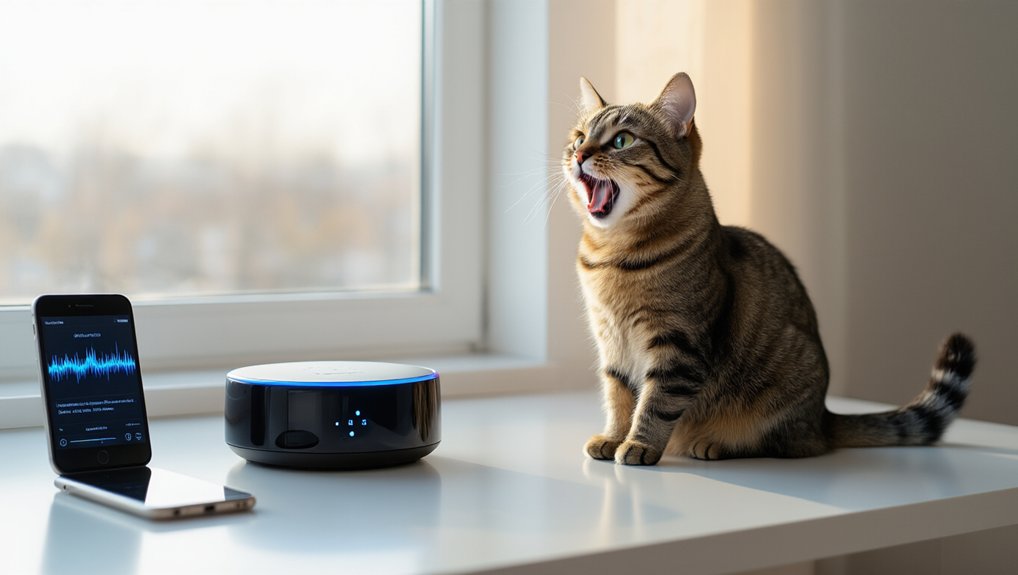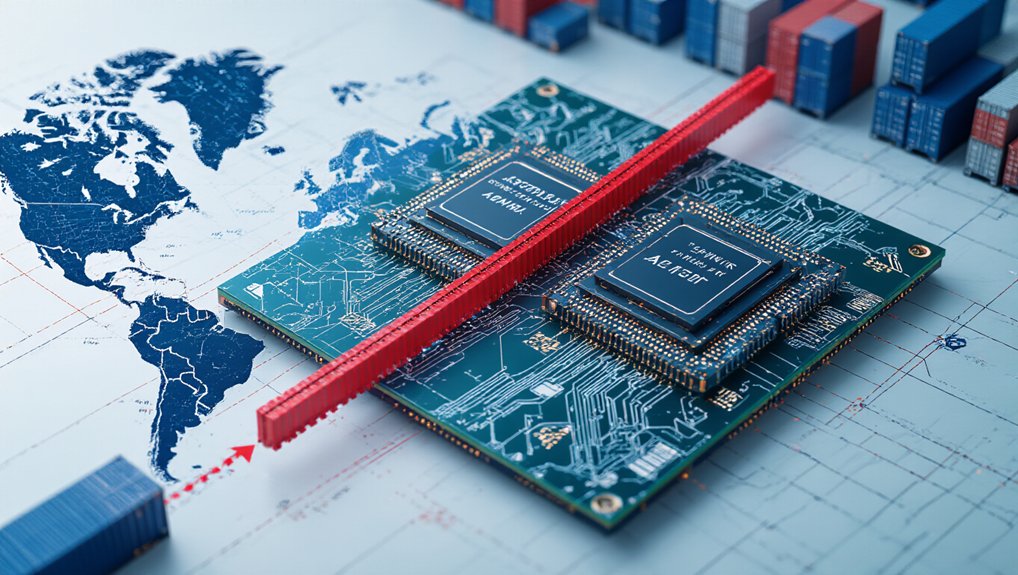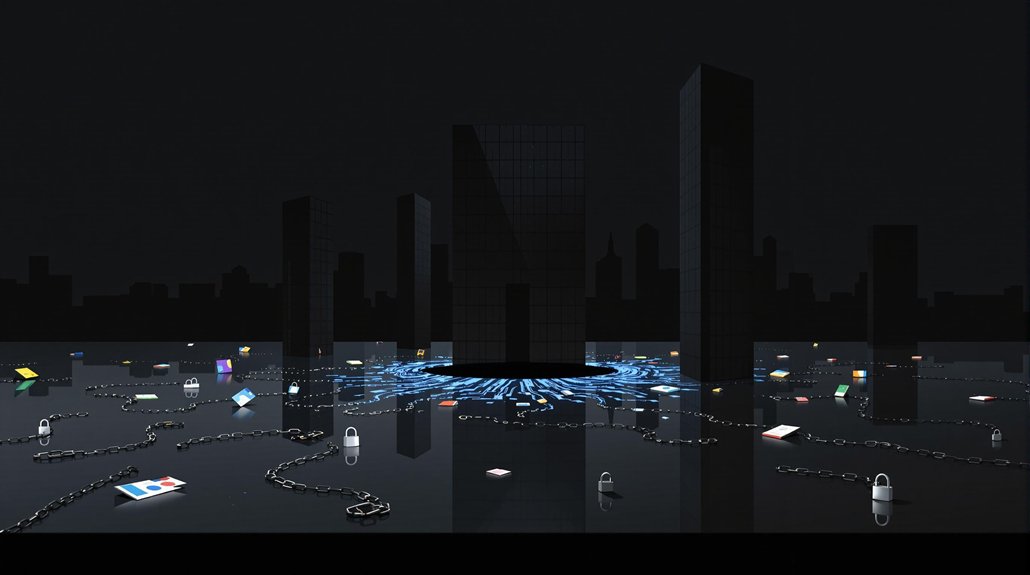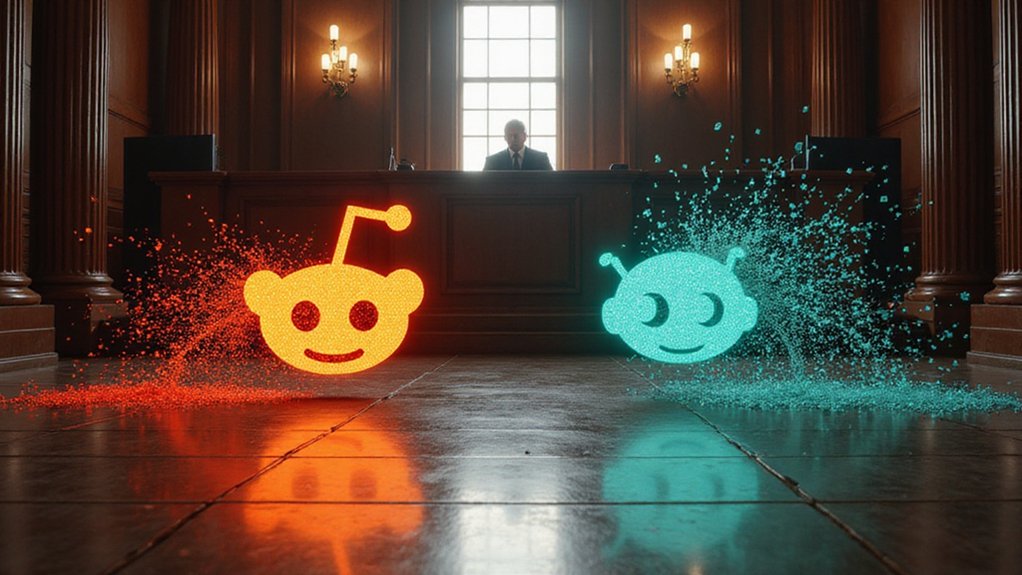Cat Translation Breakthrough:
While humans have spent millennia trying to understand their feline companions, technology has finally cracked the code. Recent breakthroughs in AI-based cat translators now boast an impressive 95-96% accuracy in deciphering what your furry overlord is demanding. Those mysterious meows? Not so mysterious anymore.
These cutting-edge systems rely on machine learning, neural networks, and spectrogram analysis to transform cat vocalizations into human-readable demands. Apps like MeowTalk and CatSound are already available for the desperate pet parent who needs to know if their cat is plotting world domination or just wants dinner. Spoiler alert: it’s usually dinner.
Modern technology finally reveals your cat isn’t plotting your demise—they just want their kibble. Who knew?
Scientists have expanded our understanding from an initial 16 distinct cat sounds to over 40 vocal types. The technology doesn’t just listen—it watches. Body language cues like tail flicks and ear positions supplement the audio data. The integration of biometric data further enhances the AI’s ability to understand feline communication. Turns out cats are more expressive than your teenage nephew.
What’s fascinating is that domestic cats have evolved a special vocal repertoire just for humans. They literally don’t meow the same way to other cats. They’ve been training us for thousands of years, and we’re only now catching up. Classic cats.
Don’t expect philosophical discussions with your tabby anytime soon. The technology primarily translates basic needs—hunger, play, attention. Some experts point out that pet owners already interpret these signals without fancy gadgets. They’re not wrong. But confirmation is nice.
Consumer-ready devices are now in late-stage development. Soon, small portable translators will let you know exactly what Mr. Whiskers thinks about your new haircut. The technology isn’t flawless—contextual errors happen. But at 95% accuracy, it’s better than most human relationships.
As these systems continue to evolve, they promise enhanced pet-human bonds and improved animal welfare. Baidu, a Chinese tech company, recently filed a patent for translation that could further advance the field. Just remember: understanding what your cat wants doesn’t mean they’ll start caring what you want. Some things technology can’t fix.
References
- https://www.sparknify.com/post/ai-animal-translators-are-here-you-can-even-download-one-for-your-cat
- https://bgr.com/science/ai-could-finally-help-us-talk-to-our-cats/
- https://patternofusa.com/2025/06/25/8357/
- https://www.eweek.com/news/ai-decodes-cat-meows-vocalization-intent/
- https://catsofcapetown.com/2025/07/04/new-ai-tech-translates-cat-meows-in-real-time/









